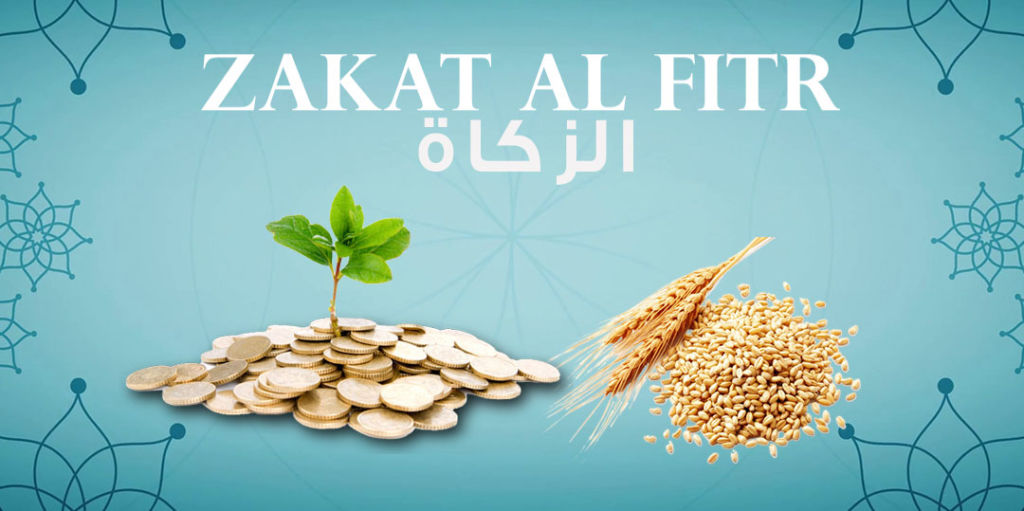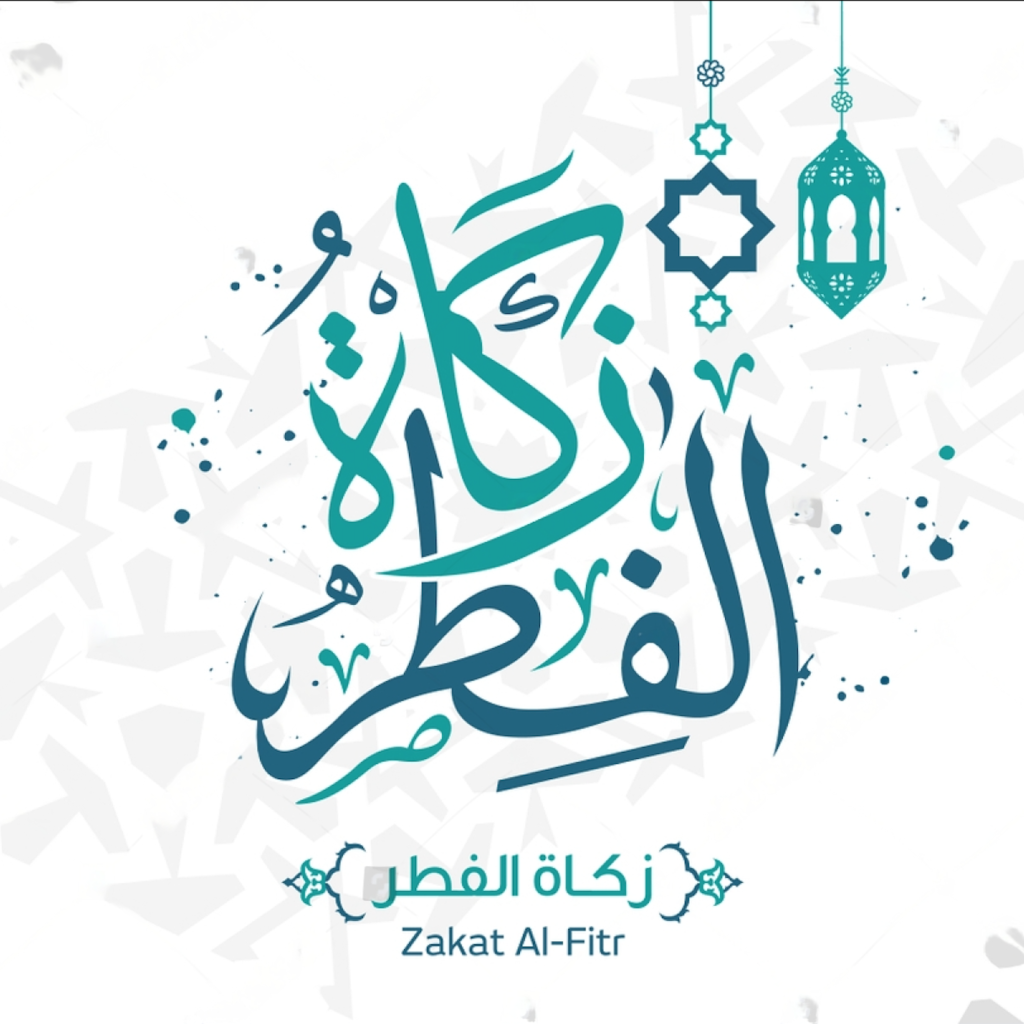Zakat Al-Fitr, alternatively referred to as Zakat ul Fitr, is a form of charitable giving that holds profound importance within Islamic tradition. It serves as a means of purification for those who fast during the holy month of Ramadan, ensuring that they fulfill their religious obligations and demonstrate compassion towards those in need. This duty signifies Islamic generosity, solidarity, and social justice, fostering equality within the community. Understanding the intricacies of Zakat Al-Fitr is essential for Muslims seeking to uphold their faith and contribute positively to society.
What is Zakat Al-Fitr (Fitrana)?
Zakat Al-Fitr, also known as Fitrana, is a charitable donation of food mandated to be given before Eid prayer, marking the conclusion of the month of Ramadan, out of love for Allah. Every self-sustaining adult Muslim must give on behalf of themselves and dependents.
According to Ibn Abbas (may Allah be pleased with him), the Prophet Muhammad (peace be upon him) established Zakat Al-Fitr to cleanse the fasting person from inappropriate words or actions and to provide sustenance for the less fortunate. The donation is considered Zakat if given before the Eid prayer, but merely Sadaqah (voluntary charity) if given afterward.
The quantity of Zakat Al-Fitr is specified by the Prophet (PBUH) as 1 saa’ of food, with 1 saa’ being equivalent to 4 madd. A madd is the amount that can be held in cupped hands. Translating this into a monetary value based on staple foods like flour or rice, it approximates to £5. Hence, the obligatory amount for each person is £5.
What is Fitrana and what is its meaning?
Fitrana, or Zakat al-Fitr, is a required charity given before Eid prayer, concluding Ramadan. It is an obligation upon every Muslim, regardless of their status (free or slave), gender, age, or financial situation. The Prophet Muhammad (PBUH) prescribed the payment of either one Sa’ of dates or one Sa’ of barley as Zakat Al-Fitr for each individual. This act of charity serves to purify the fasting person from any shortcomings during Ramadan and ensures the provision of sustenance for those in need before the Eid festivities begin.
Zakat al-Fitr ruling
Zakat al-Fitr is a mandatory sunnah for all Muslims, regardless of age, gender, status, or condition. It is considered a confirmed sunnah, with some scholars interpreting it as obligatory. The Prophet’s statement, “Zakat al-Fitr after Ramadan obligatory for the Muslims – slave or free, male or female, young or old, being a sa’ of dates or a sa’ of barley,” indicates its obligatory nature according to some interpretations.

Who is it obligatory on to pay zakat ul Fitr?
Zakat ul-Fitr, or Fitrana, is obligatory on any Muslim who possesses food surplus to their requirements. Unlike regular Zakat, it is incumbent upon every individual in the household. Therefore, the responsibility falls on the head of the household, or alternatively, parents and guardians can discharge this duty on behalf of other family members.
What zakat ul Fitr is paid in?
Zakat al-Fitr should be paid in kind, utilizing the staple food of the region, which could include wheat, barley, sult barley, dates, dried cheese, raisins, millet, sorghum, or rice. When staple food is al-‘alas, similar to wheat, paying Zakat al-Fitr with it is allowed.
Food for Zakat al-Fitr must match or surpass recipients’ staple food quality. If the payer’s food is of higher quality, it is permissible to use it for Zakat al-Fitr. However, if it is of lesser value and paid out of greed, it does not fulfill the obligation according to Ibn al-Hajib’s apparent words.
Paying Zakat al-Fitr with anything other than these specified types of food is not permitted in the established position. This rule applies when some or all of the specified types of food are available. If they are not available and different items are used as food substitutes, they fulfill the requirement.
Recommended Courses

Who pays the zakat of children and slaves?
In Islamic jurisprudence, the payment of zakat (charitable giving) for specific individuals varies based on their circumstances. Here’s a breakdown:
- Zakat al-Fitr for Slaves: The zakat al-Fitr of a slave is paid by their master. This obligation falls on the owner because the slave’s livelihood and welfare are the responsibility of the master.
- Zakat al-Fitr for Children: The zakat al-Fitr for a young child, who possesses no personal wealth, is paid by their father. This responsibility rests on the father as the primary caretaker and provider for the child.
- Responsibility for Payment: A man is obliged to pay the zakat of every Muslim for whose maintenance he is responsible. This includes children under his care and slaves owned by him.
- Exceptions for Adults: The obligation for paying zakat ul-Fitr doesn’t extend to adult individuals who are male, wealthy, and responsible for their own financial affairs. However, if a male child becomes an adult within the period when zakat is due, he should pay for himself.
- Responsibility for Females: The father is responsible for paying zakat ul-Fitr for a female, even if she is an adult, until she gets married. After marriage, the responsibility shifts to her husband.
- Non-Muslims: Zakat ul-Fitr is not obligatory for non-Muslims; it is only required from Muslims.
When Zakat al-Fitr is paid?
Zakat al-Fitr is recommended to be paid at daybreak on the day of ‘Id al-Fitr. In Muslim reports, Prophet Muhammad advised paying Zakat al-Fitr before heading to the prayer place. This suggestion doesn’t mandate immediate payment, as timing opinions vary. Some believe it becomes obligatory at sunset on the last Ramadan day and ends at ‘Id dawn. It’s permissible to pay it a day or two before ‘Id al-Fitr. If someone delays payment when they’re capable, they commit a sin. Zakat ul-Fitr should be given to a free poor Muslim, not to an unbeliever or a wealthy person. Even if the time for payment passes, the obligation remains until fulfilled, as it is a right of the poor.
The main difference between Zakat and Zakat ul-Fitr lies in eligibility and timing
Zakat ul-Fitr, also known as Fitrana, is an obligation for Muslims of all ages and income levels. Only those who lack a sufficient amount of staple foods (equivalent to three kilograms or one Sa’) are exempt from paying Fitrana. It is required to be paid by the head of the household on behalf of all members, including children, who live in a home with excess food.
Zakat ul-Fitr is usually £5 or less, while Zakat equals 2.5% of total savings.
Another key difference is the timing of payment. Zakat is flexible, requiring a full year’s savings regardless of payment timing. In contrast, Zakat ul-Fitr must be paid during the month of Ramadan, specifically before Eid commences. Missing the deadline voids the payment; Zakat ul-Fitr is obligatory and cannot be delayed.
Eid Al-Fitr
On the morning of Eid al-Fitr, Muslims are recommended to break their fast before leaving for the prayer-place. They can break it with anything, but it’s preferable to break it with dates, in odd numbers, following the practice of the Prophet Muhammad. However, on the morning of ‘Id al-Adha, it’s recommended not to break the fast before the prayer. Instead, Muslims are advised to refrain from eating until after returning from the prayer, so that they can partake in the sacrifice, as this was the practice of the Prophet.

